TRINIDAD AND TOBAGO | Was there a Christian Church Plot to Overthrow the Rowley Government?
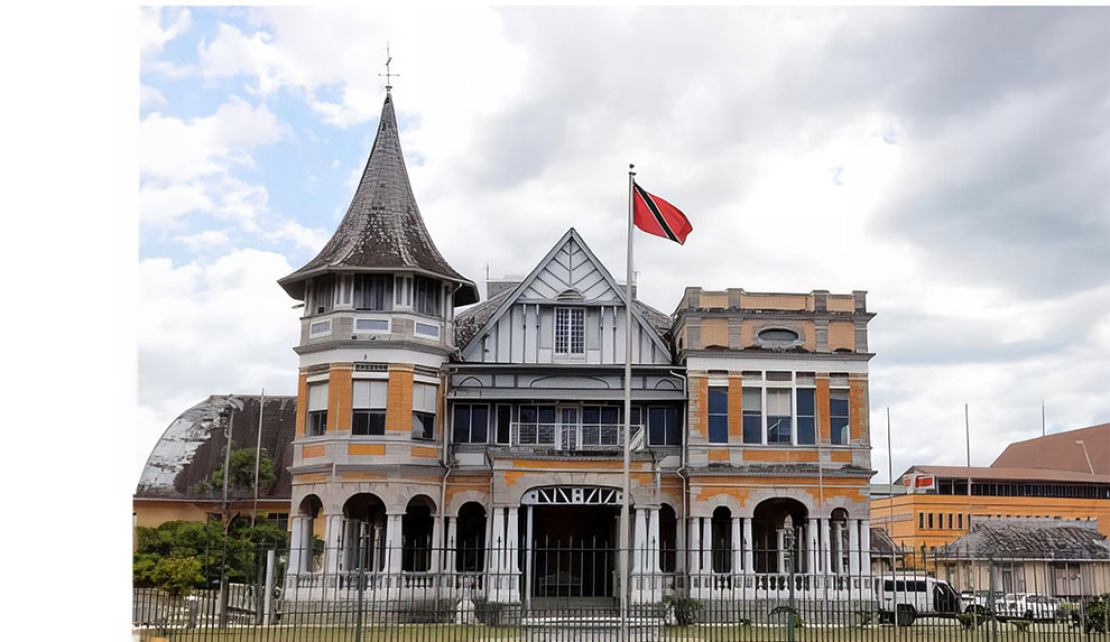
TRINIDAD AND TOBAGO, March 26, 2024 - In a startling revelation, Trinidad and Tobago media have been investigating a scheme within the Strategic Services Agency (SSA) apparently aimed at establishing a military-style government in that country, founded on what are said to be Christian principles.
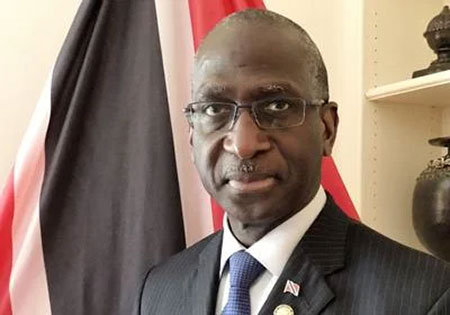
The Crisis Unveiled on March 2, when the Office of the Prime Minister (OPM) publicly announced that the National Security Council, under the chairmanship of Prime Minister Dr. Keith Rowley, had advised the immediate replacement of the SSA's leadership.
Dr Rowley had said Best was sent on leave based on troubling information provided to the National Security Council (NSC) by The Trinidad and Tobago Police Service (TTPS). The information, he said, warranted drastic intervention.
This intervention included the recall of Trinidad and Tobago's ambassador to the United States, Brigadier Anthony Phillips-Spencer, who was then appointed as the acting director, indicating the gravity of the situation and the urgency of a robust governmental response.
At the heart of the controversy is a Christian Organisation, The Jerusalem Bride Church, in Malabar, Arima, reported to have a minimal membership of less than 100 individuals, yet wielding considerable influence within one of the country's most crucial security bodies.
Membership in this church is primarily by way of an invitation, with all its members being a part of the T&T security forces.
The philosophy of the church is that “Christians” should not shy away from politics, and that the church should play a role in the running of the State. The philosophy of the church is also that its members should be armed and ready.
This group's infiltration and the strategic placement of its members within key SSA positions have raised alarms about the integrity and impartiality of national security operations.
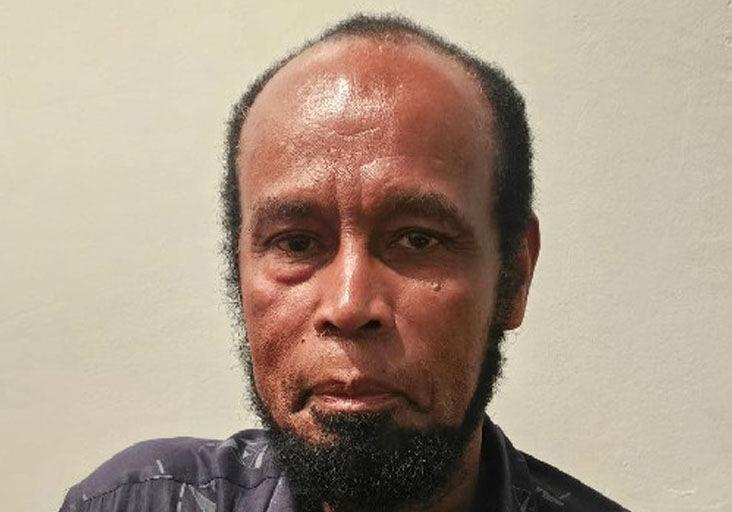
Brown said, in 1982, he was employed at the Ministry of Works’ National Secondary Roads Construction Company Ltd where he met a German named Armin Kaub who trusted him and trained him to be a spy.
In 1984, he pursued Bible studies at the West Indies School of Theology in St Joseph and obtained a Bachelor’s degree in Theology, following which he became a pastor in 1986.
Brown said he has always been a spy and provided intelligence to the former Special Anti-Crime Unit of Trinidad and Tobago (SAUTT) after he was contracted by the National Security Ministry for a project in Macqueripe.
The police became alarmed when they heard two interviews on ISAAC 98.1 FM, a family gospel radio station, on the programme Rebuilding the nation according to Christian biblical perspectives, in which Pastor Brown indicated the best way for the country to be run was by people with a military background and a foundation in religion.
The revelation that a quarter of the church's membership held positions within the SSA, bypassing standard vetting procedures, has intensified concerns over the agency's vulnerability to internal manipulation.
The government's Response and Reckoning with this unprecedented breach of trust underscores the complexities of safeguarding national security in the face of covert internal threats.
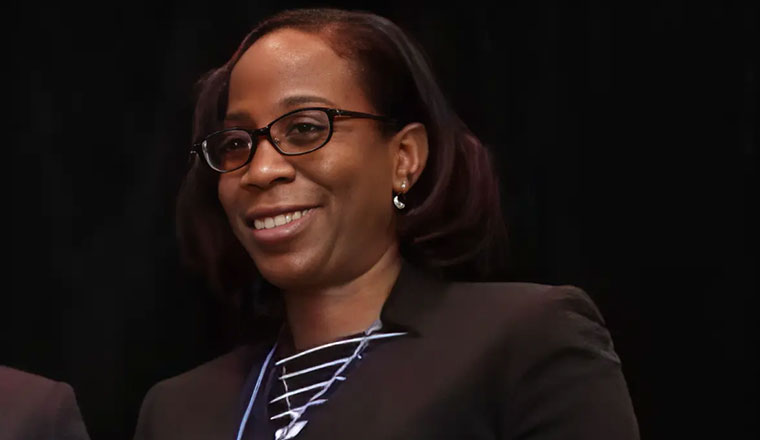
This episode has not only exposed potential weaknesses in the nation's security framework but also ignited a broader discourse on governance, accountability, and the role of personal belief systems in public service.
The ongoing investigations into the extent of this alleged takeover plot and its implications for national security mark a critical juncture in Trinidad and Tobago's efforts to maintain its sovereignty and safeguard against internal threats.
In the wake of this Unprecedented Infiltration, the Government of Trinidad and Tobago has embarked on a rigorous quest to reclaim and reinforce its national security infrastructure.
The exposure of the plot not only shed light on the misuse of the SSA but also revealed a broader issue of susceptibility within the country's national security framework to ideological subversion.
The leadership of Pastor Ian Ezekiel Brown, leveraging connections within the SSA for the strategic placement of church members, has illuminated the delicate balance between religious freedom and national security concerns.
The Call for International Help signifies the gravity of the situation, with the government seeking expertise and assistance to evaluate the extent of compromise within its national security apparatus.
This move, while necessary, also underscores the vulnerability of the nation to both internal and external threats, magnifying the urgency for a fortified and resilient security protocol.
The Aftermath and Accountability phase of this saga has stirred a national conversation around governance, oversight, and the mechanisms in place to prevent such breaches.
Criticism has been directed at the government's handling of the national security portfolio, highlighting a perceived lack of competence and accountability.
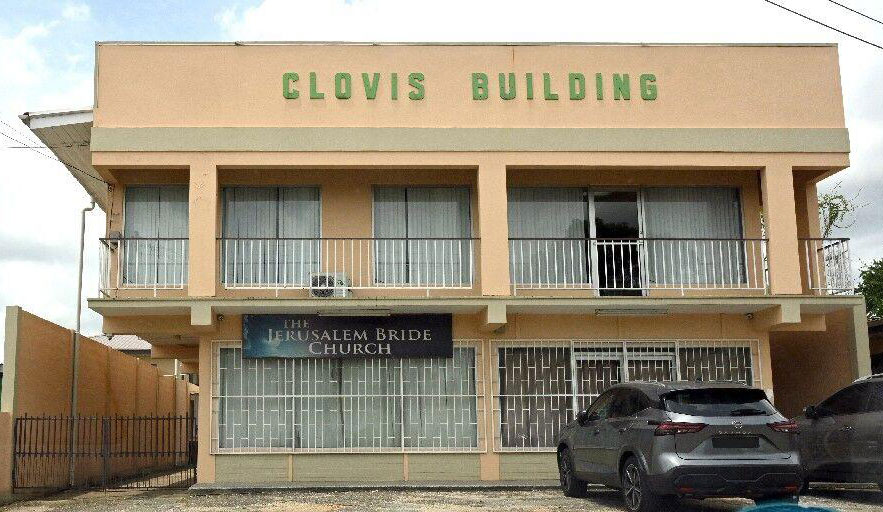
As Trinidad and Tobago grapples with these revelations, the broader implications for national security, governance, and the role of religious organizations in public affairs remain subjects of intense debate.
The ongoing inquiry led by acting director Brigadier Anthony Phillips-Spencer is not just about restoring order within the SSA but is also symbolic of a broader effort to safeguard the nation against similar vulnerabilities in the future.
This incident serves as a stark reminder of the complexities of modern governance, where the intertwining of personal beliefs, public service, and national security can lead to unforeseen challenges.
As the government and its citizens reflect on these events, the lessons learned will undoubtedly shape the future of national security strategy and policy in Trinidad and Tobago.
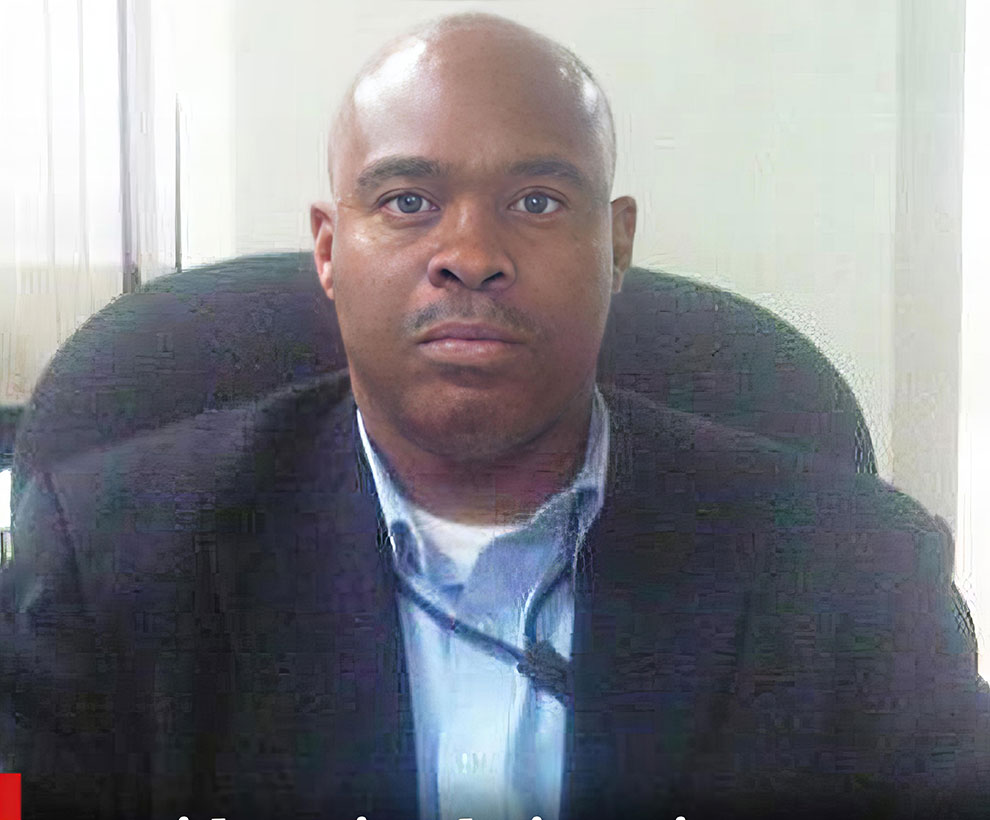
The government's request for international assistance to navigate this complex issue reflects the intricate nature of modern national security challenges, where threats are not only external but can emerge from within, masked by the guise of faith or ideology.
The Implications for National Security and Governance are profound. This event has thrust into the limelight the critical need for robust vetting processes, transparent governance, and the establishment of clear boundaries between personal beliefs and public duties.
As the nation seeks to fortify its security mechanisms, the lessons learned from this incident are likely to inform policies and strategies aimed at preventing the recurrence of such a situation.
Moreover, the episode has sparked a National Dialogue on the balance between religious freedom and national security, challenging citizens and policymakers alike to consider where the line should be drawn to protect the state while respecting individual rights.
This dialogue is crucial for the development of a cohesive national identity that embraces diversity while safeguarding the nation's core interests.
Looking Ahead, the government's actions in response to the crisis will be closely watched, both domestically and internationally, as a barometer for Trinidad and Tobago's commitment to maintaining a secure, transparent, and accountable governance structure.
The ongoing investigations into the extent of the plot and the measures taken to address the vulnerabilities it exposed will undoubtedly play a pivotal role in shaping the country's future security posture and its approach to handling the complex interplay between religion and politics.
As Trinidad and Tobago navigates this challenging period, the resolve and actions of its leaders and citizens in reaffirming the principles of democracy, security, and the rule of law will be critical in steering the nation towards stability and prosperity.
The journey ahead is not just about recovery but about strengthening the foundations of the nation to withstand the multifaceted challenges of the modern world.
This story of intrigue within the SSA, while unsettling, offers an opportunity for Trinidad and Tobago to emerge stronger, more united, and better prepared to face the challenges of the 21st century.
The path forward will require diligence, transparency, and an unwavering commitment to the principles that define a resilient and democratic society.
-30-
